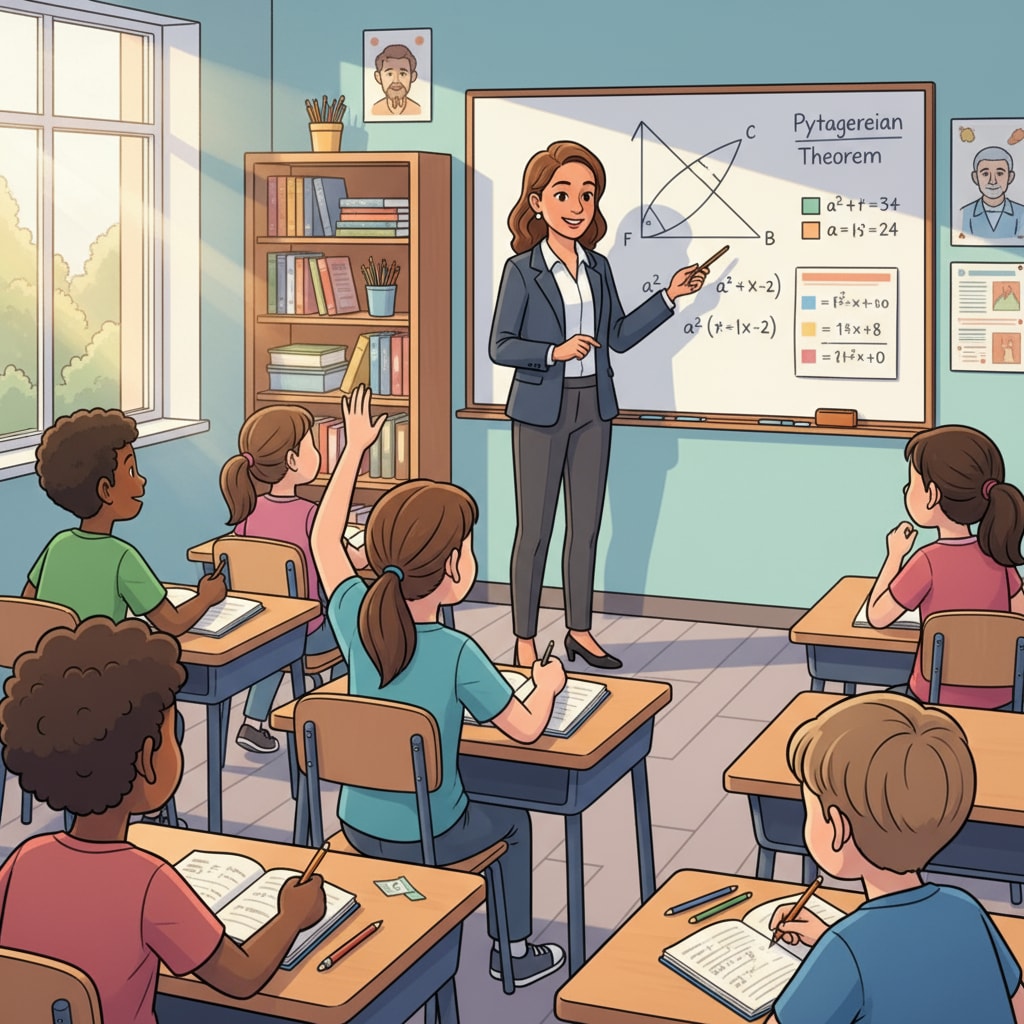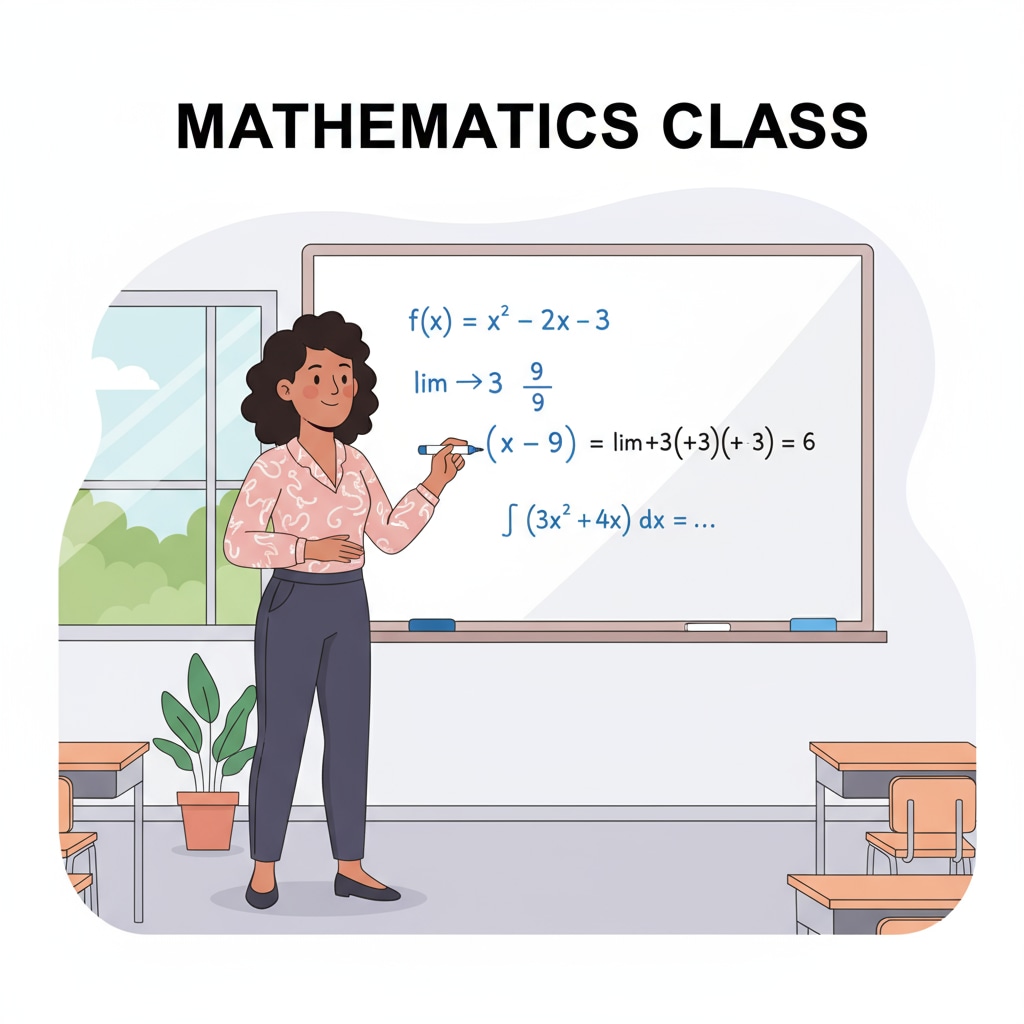Mathematics teachers, career planning, and educational paths are crucial topics for math majors eyeing a career in K12 education. For those with a passion for mathematics and a desire to inspire young minds, the journey into teaching offers numerous rewarding opportunities.

The Allure of K12 Math Teaching
Teaching mathematics in the K12 system can be incredibly fulfilling. Math teachers have the power to unlock students’ potential, helping them understand complex concepts and develop critical thinking skills. According to the National Education Association, educators play a pivotal role in shaping the future of students. In K12 math teaching, you get to witness the “aha” moments as students grasp difficult equations or solve challenging problems. This interaction and the ability to make a difference in students’ lives are what draw many math majors to this career path.
Preparing for the Role of a High School Math Teacher
To become a high school math teacher, certain preparations are essential. First and foremost, a solid foundation in mathematics is required. Math majors have an advantage here, as they have already studied advanced mathematical concepts. However, it’s also important to understand the curriculum and teaching methods specific to high school. Many states require teacher certification, which often involves taking education courses and passing exams. For example, the Praxis series of tests assesses a teacher’s knowledge and skills. Additionally, gaining practical experience through student teaching or tutoring can be invaluable.

Professional Development Strategies
Once in the teaching profession, continuous professional development is key. Math teachers can attend workshops, conferences, and pursue advanced degrees to enhance their skills. According to ASCD, staying updated with the latest research in mathematics education can improve teaching effectiveness. Joining professional organizations like the National Council of Teachers of Mathematics (NCTM) provides access to resources, networking opportunities, and the chance to collaborate with other educators. Teachers can also engage in action research within their own classrooms to improve their teaching practices.
Beneficial Minor Choices
For math majors considering teaching, choosing a relevant minor can enhance their career prospects. Minors in education, psychology, or computer science can be particularly useful. An education minor provides a deeper understanding of teaching theories and classroom management. Psychology helps teachers understand students’ learning processes and behavior. Computer science, with the increasing use of technology in education, can enable teachers to incorporate innovative teaching methods, such as using educational software or online tools in the classroom.
Readability guidance: The article uses short paragraphs to present key points clearly. Each H2 section offers practical information, and external links provide reliable sources of further knowledge. Transition words like “however”, “first and foremost”, and “additionally” are used to enhance the flow.


